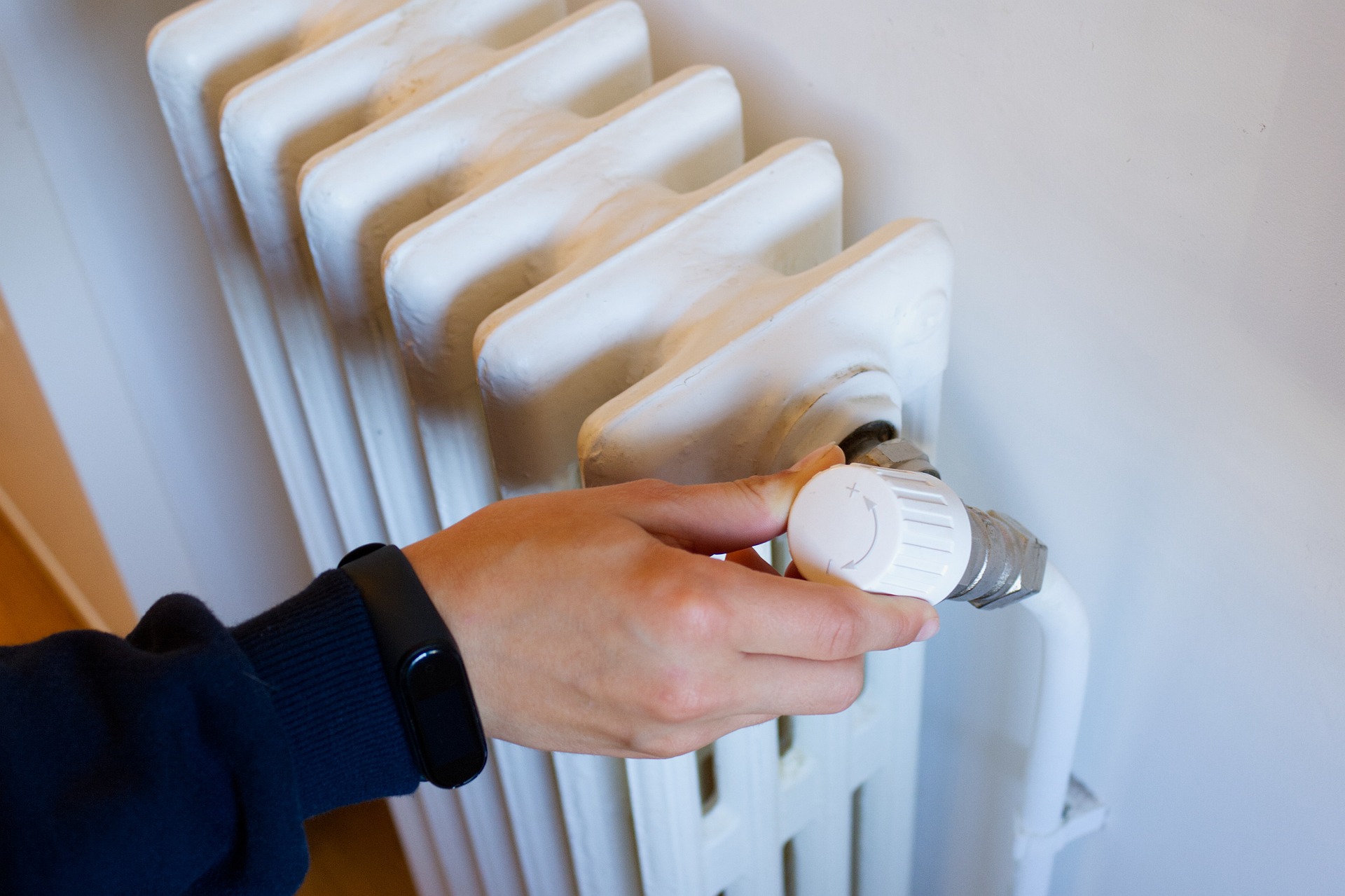Which is more expensive to run: heat pump or electric radiator?

During the winter season, it makes sense to look at all the possible ways of staying warm at home, from traditional blankets to underfloor heating, as well as the most popular options like radiators and heat-pump air-conditioners. However, as well as trying to minimise the cold, another question arises – which is more expensive to run: heat pump or electric radiator? Several aspects allow us to calculate this.
Heat pump or electric radiator: How do they work?
To find out whether an electric radiator or air-conditioner uses more energy, the first thing we need to bear in mind is that radiators work thanks to the hot water inside. That water comes from the boiler, which could be a boiler in the home or a shared one for the building. It doesn’t matter whether this runs on solar panels, gas or electricity.
A heat pump, however, is an air-conditioner that reverses its function and emits warm air instead of cold. It is even worth asking which consumes more: an oil radiator or an air-conditioner?
For radiators, the expense comes from the system used to heat the water and radiate hot air. Electric heating and radiators are more expensive (gas is cheaper than electric and can be just as safe if you manage it properly). A cheaper, but less common, alternative is to use solar panels on roofs to heat the water in the boiler.
So, which uses more energy: an electric radiator, an oil radiator or an air-conditioner? Without a doubt, heat pumps are the cheapest option. They use less energy and work perfectly for these seasons. They’re also safe! Another advantage of this system is that it generates heat almost instantaneously, i.e., your home (or room) will warm up quickly, whereas a radiator will take longer. If the air conditioner is in good condition, the energy savings (and, therefore, financial savings) can be four times as much as with some electric radiators.
In any case, if you don’t want your bills to soar, the key thing is to try to maintain an appropriate temperature without going overboard on the heat. Ideally, the temperature should be between 18 and 22 degrees. Putting it too high wouldn’t be advisable for you or for the air in your home, as it will feel dry or heavy, which could lead to breathing difficulties or even allergies in the long term.
How to use a heat pump
Before explaining how to use a heat pump, you should be aware of some of the benefits it offers compared to radiators when it comes to choosing one:

- Radiators are more practical when it comes to heating the entire home at the same temperature. Even though it takes longer, each room will be equally heated. This doesn’t happen with a heat pump, which heats the room in which it is installed.
- Radiators need very little maintenance, you do need to bleed them once a year.
- Heat-pump systems can be used in summer or winter according to your needs. This saves money, as just one device can serve for both seasons.
- A heat pump uses up to 78% less energy than a conventional electric radiator.
- They improve air quality. The quality of the air can be improved through the filters included in the heat-pump air-conditioner, allowing the air to circulate.
- One-off installation. You’ll save money, time and space by having two devices in one (air-conditioner and heat pump). They are also easy to install.
In any case, it’s a good idea to have your heat pump checked every year to ensure it is working properly. Check how efficiently it heats the room, whether it cools down and heats up quickly and whether the temperature is constant.
If you decide to use a heat pump this winter, there is something essential you need to bear in mind: with every degree above the recommended temperature, your energy consumption will increase by around 7%. The air also dries out when you go above the recommended temperature (22 degrees).
It is also important that the air-conditioner expels air downwards towards to floor. This prevents damage to the ceiling and ensures better heating. It is very important that you do not leave clothes drying under the air-conditioner as this will increase humidity and, therefore, energy consumption. And, as a result, your bills.
It is a good idea to take into consideration the ventilation in your rooms. Though you should open your windows every day, in winter, try not to leave them open for more than 10 minutes, as that is just enough time to let the air circulate without cooling down the room. Open your windows at noon and avoid having them open at night, when cold air can get in.
Remember that a heat pump is the perfect solution to meet your home’s heating needs. It also offers a significant environmental benefit in terms of technology, renewable energy and energy efficiency.


